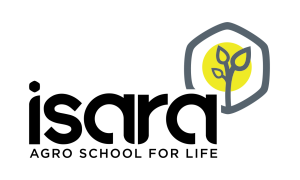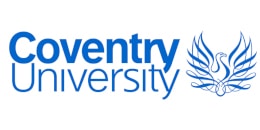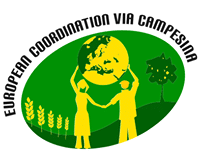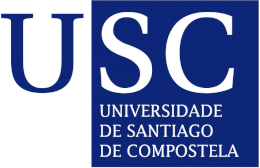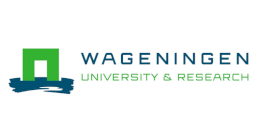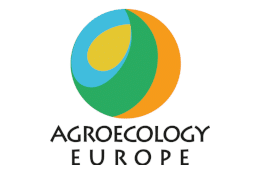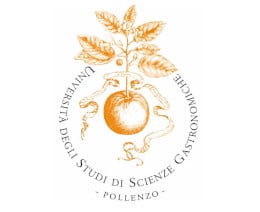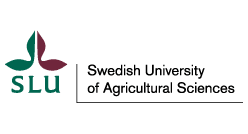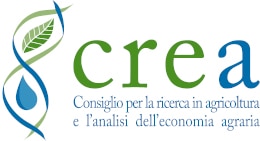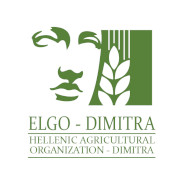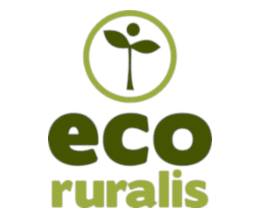“The diverse knowledge and ways of knowing of our peoples are fundamental to agroecology. We develop our ways of knowing through dialogue among them (‘diálogo de saberes’). Our learning processes are horizontal and peer-to-peer, based on popular education. They take place in our own training centers and territories (farmers teach farmers, fishers teach fishers, etc.), and are also intergenerational, with exchange of knowledge between youth and elders. Agroecology is developed through our own innovation, research, and crop and livestock selection and breeding.”
From the Declaration of the International Forum for Agroecology (Nyéléni, Mali, 2015)
European Coordination Via Campesina (ECVC)[1] as one of the partners of the AE4EU project has developed three training programmes for agroecology with the support of Toekomstboeren[2] in the Netherlands, Land Workers’ Alliance (LWA)[3] in the UK and FADEAR[4]/ ‘Initiatives Paysannes’ in France based on the identified training needs and by bringing together the experiences in different countries. All three trainings have received funding from H2020 “Agroecology for Europe” project.
Trainings were designed to reflect the Nyeleni Declaration on learning in agroecology and also the vision of ECVC of Peasant agroecology[5]. Peasant agroecology is rooted in traditional farmers’ knowledge and has contributed since the beginning of agricultural practices to better understand the relationship between food production and the surrounding ecosystems: agriculture is fully integrated in ‘the territory’ which includes the environmental but also social and cultural dimension. Peasant agroecology respects diverse and regional knowledge based on horizontality and justice principles combined with scientific knowledge. It relies on farmer-to-farmer, intergenerational, and experiential learning processes and legitimizes the role of emotions and feelings in agricultural practices[6].
In the Netherlands 37 participants attended the training composed of farmers, researchers/students and participants from environmentalist organisations or initiatives/collectives, researchers and students on 14-16 May. Farmers came from different parts of the country both from farmers’ organisations as well as new entrant farmers. The main subject of the training was agroecological transformation. Within this subject the training focused on four topics:
- Decolonization,
- land and commons,
- agroecological practices, including open-source, equipment and machineries and hands-on activities
- movement building.
In the UK, 25 participants attended the two-day short course on 30-31 May 2022, introducing agroecological approaches to developing farm and food systems that combine food production, environmental public goods, financial viability, and climate resilience. The training has been designed for those working with the land (farmers, growers, graziers, and new entrants), those who market, process or purchase food, and those who are engaged with farming, food research and policy making. The training aimed to link agroecological principles with farming practices and processes that reduce reliance on external inputs and support the transformation of farming and food systems. The training also aimed to develop a firm understanding of agroecological principles and practices which can be used to analyze farming challenges and begin developing agroecological solutions to overcome them. Throughout the two days participants:
- Explored various definitions and principles of agroecology
- Considered how agroecological farming practices can help achieve objectives on farms
- Gained skills in systems thinking to analyze farming problems and imagine solutions
- Witnessed agroecological practices and systems in action at FarmED and Conygree Farm & Cotswold Market Garden
- Learned the importance of the social, political and subtle dimensions of agroecology
In France, the program has been organized on 22 April with 20 farmers and on 2 May again 20 farmers in the North of France to 2 different groups of farmers. One day short course introduced the Diagnostic Tool[7] and the history of peasant agriculture and also gave a chance to the participants to apply the tool on different farms as an example during the visits to those farms during the course.
Based on those pilot trainings training package guidelines will be developed within the AE4EU project. The content of the guidelines will be designed to reflect the lessons learned from the three trainings that brought together farmers, growers, graziers, and new entrants, researchers, students, environmentalist organisations and local actors
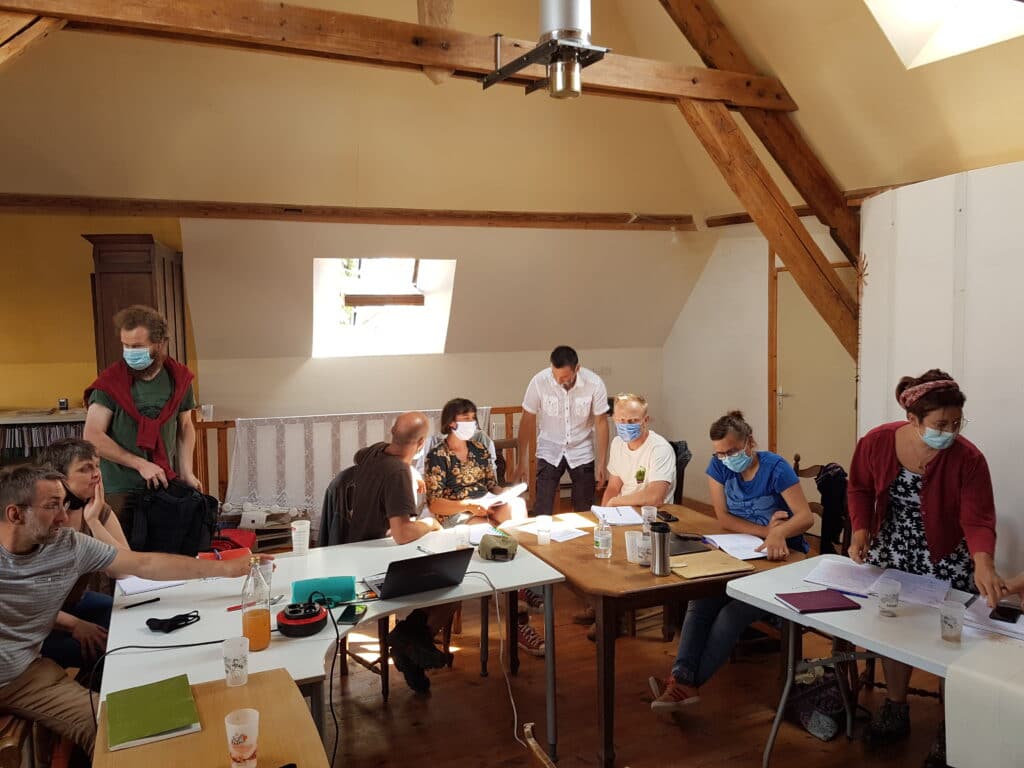
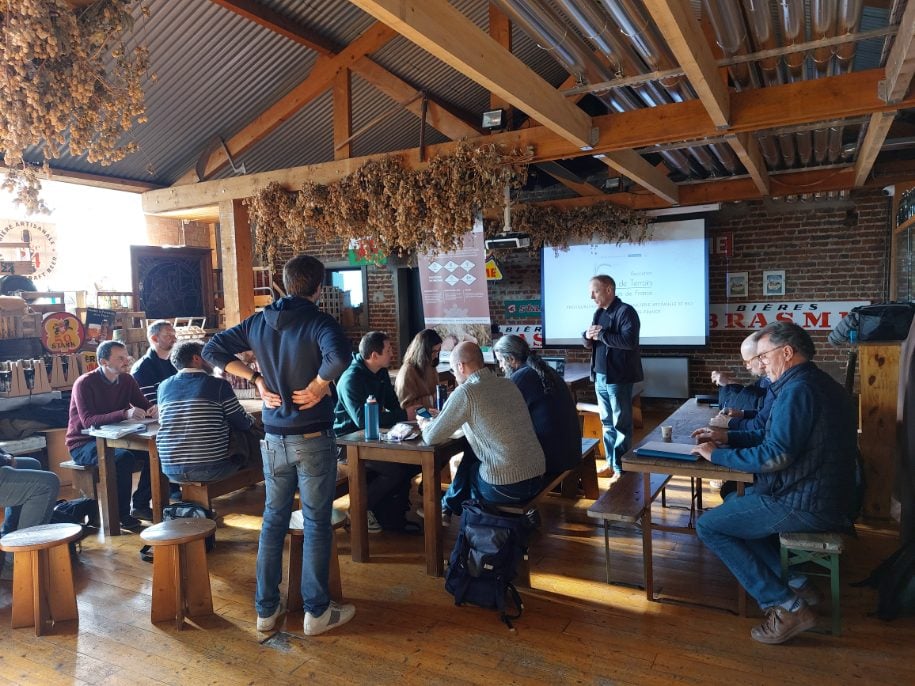
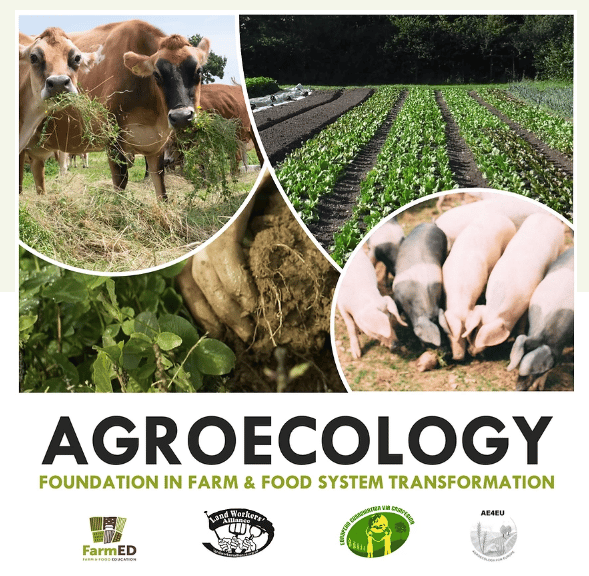
[1] https://www.eurovia.org/
[2] https://toekomstboeren.nl/agroecologietraining/
[3]https://landworkersalliance.org.uk/
[4] https://www.agriculturepaysanne.org/
[5] https://www.eurovia.org/wp-content/uploads/2022/04/Agroecology_EN.pdf
[6] https://www.eurovia.org/wp-content/uploads/2022/04/Agroecology_EN.pdf
[7] Diagnostic Tool: In the 90’s the French farmers of the “Confederation paysanne” decided to work on a definition of an agriculture which could give an orientation to agricultural policies and to farmers to enable numerous farmers around the world to make a decent living from a sustainable agriculture that would keep the countryside alive. Together with academic researchers and based on their practices, they produced in 1998 a Charter with 10 principles and 6 main lines detailed in 84 indicators for a farm diagnosis

